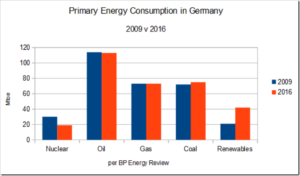by P. Gosselin, February 22, 2020 in NoTricksZone
The German government recently decided to exit from coal generated power by 2038, and now one expert says that the exit is going to cost handsomely, and bring zero result. Still, that 2038 target is too slow for some.
That’s how German politicians make decisions on things that concern the economy and environment. The German government’s aim of a coal phaseout is to contribute to protecting the climate. In reality, it will have no impact at all.
German online FOCUS magazine reports here: “80 billion euros are to be given to the affected regions and companies in the coming years as aid and compensation.”
But for some experts, the 2018 target date for completing the coal exit is too late, and thus risks seeing Germany emitting another 140 million tonnes of extra CO2 between 2020 and 2040 by exiting so slowly, so claims the German Institute for Economic Research (DIW).
To keep that 140 million ton figure in a global perspective, it is barely a drop in the bucket when compared to the 33 billion tonnes emitted globally and annually. The climate is not even going to notice it.

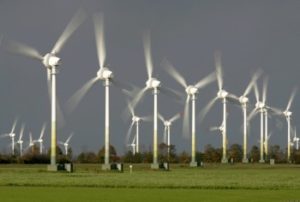
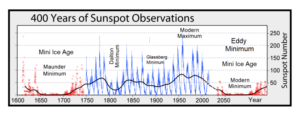

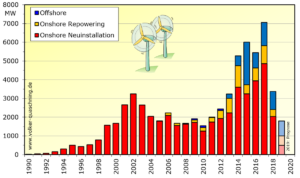
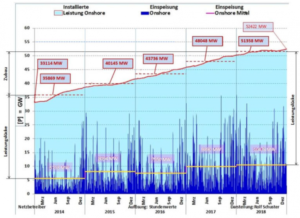
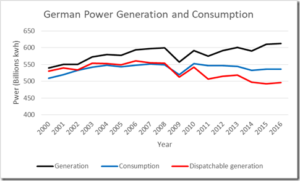 …
…